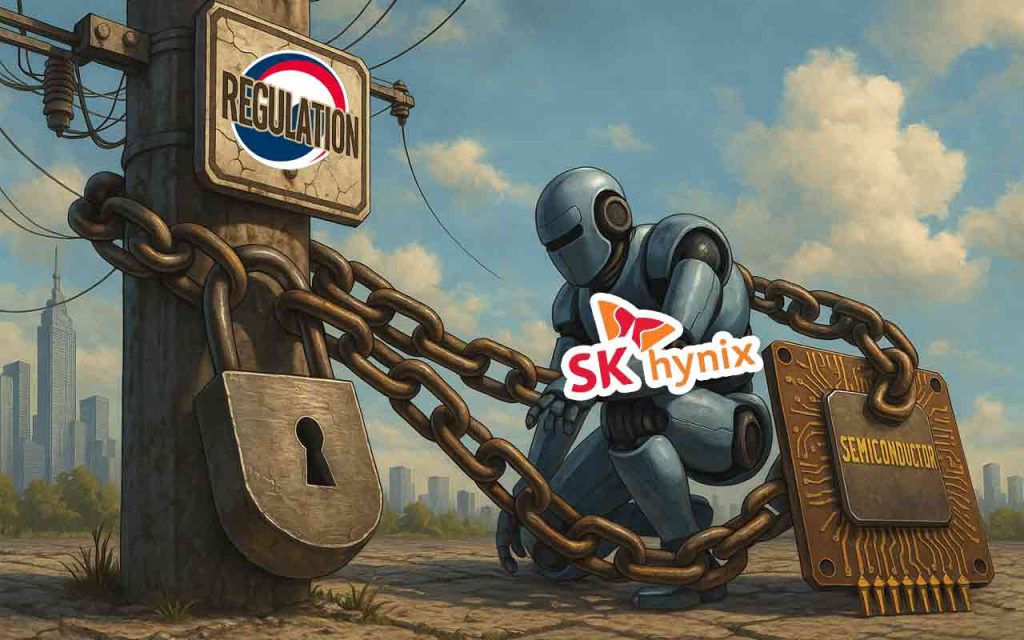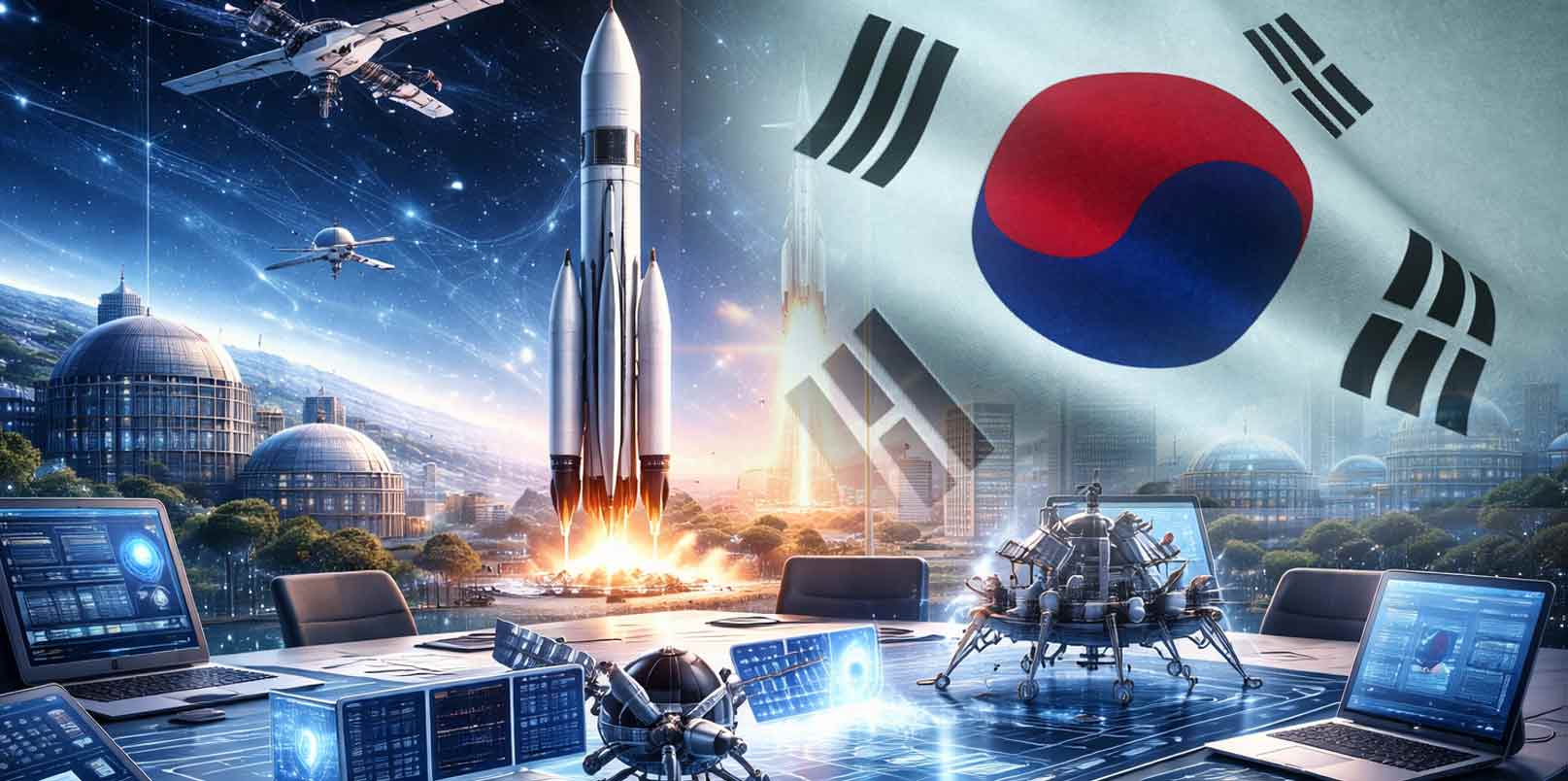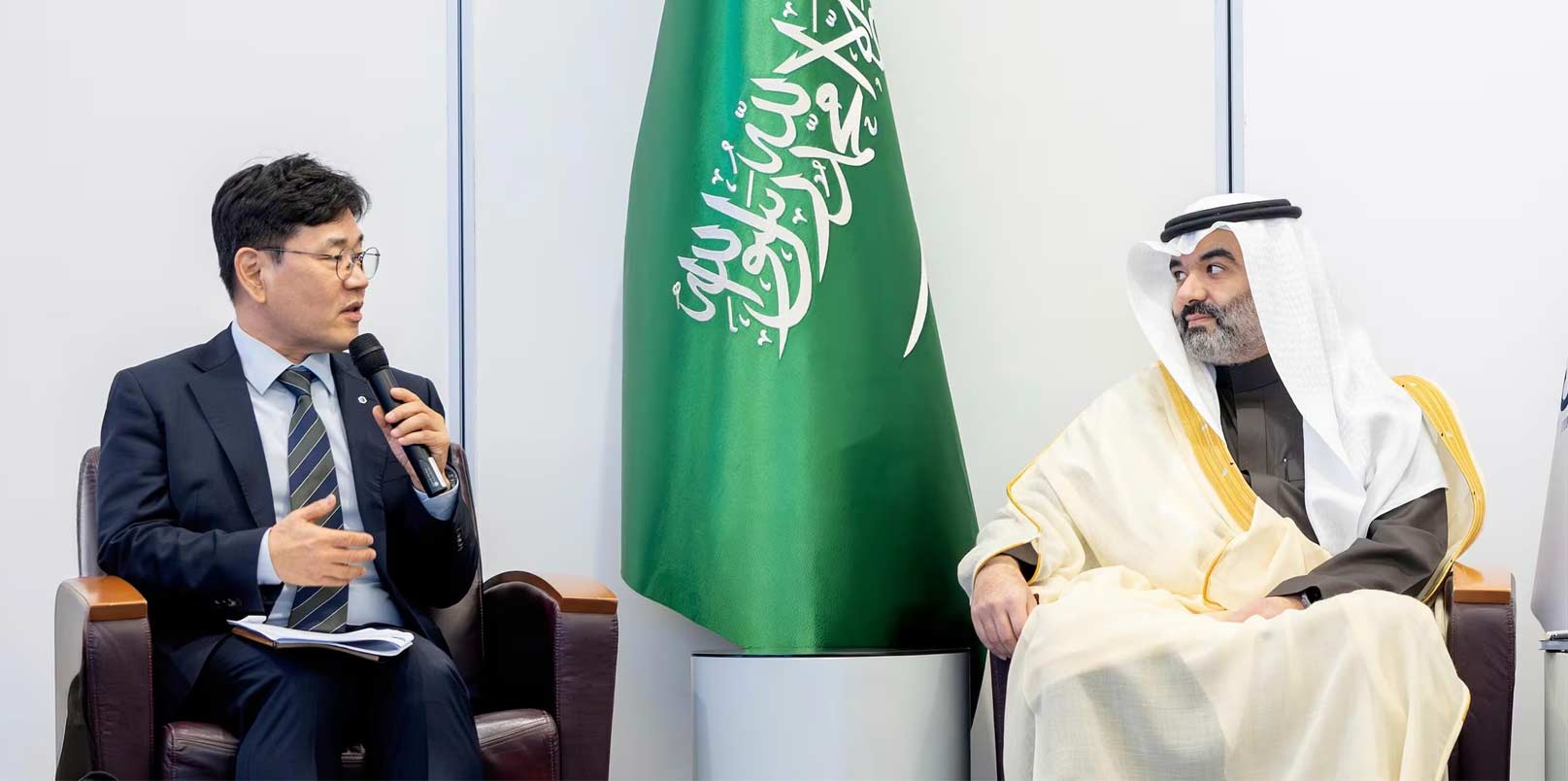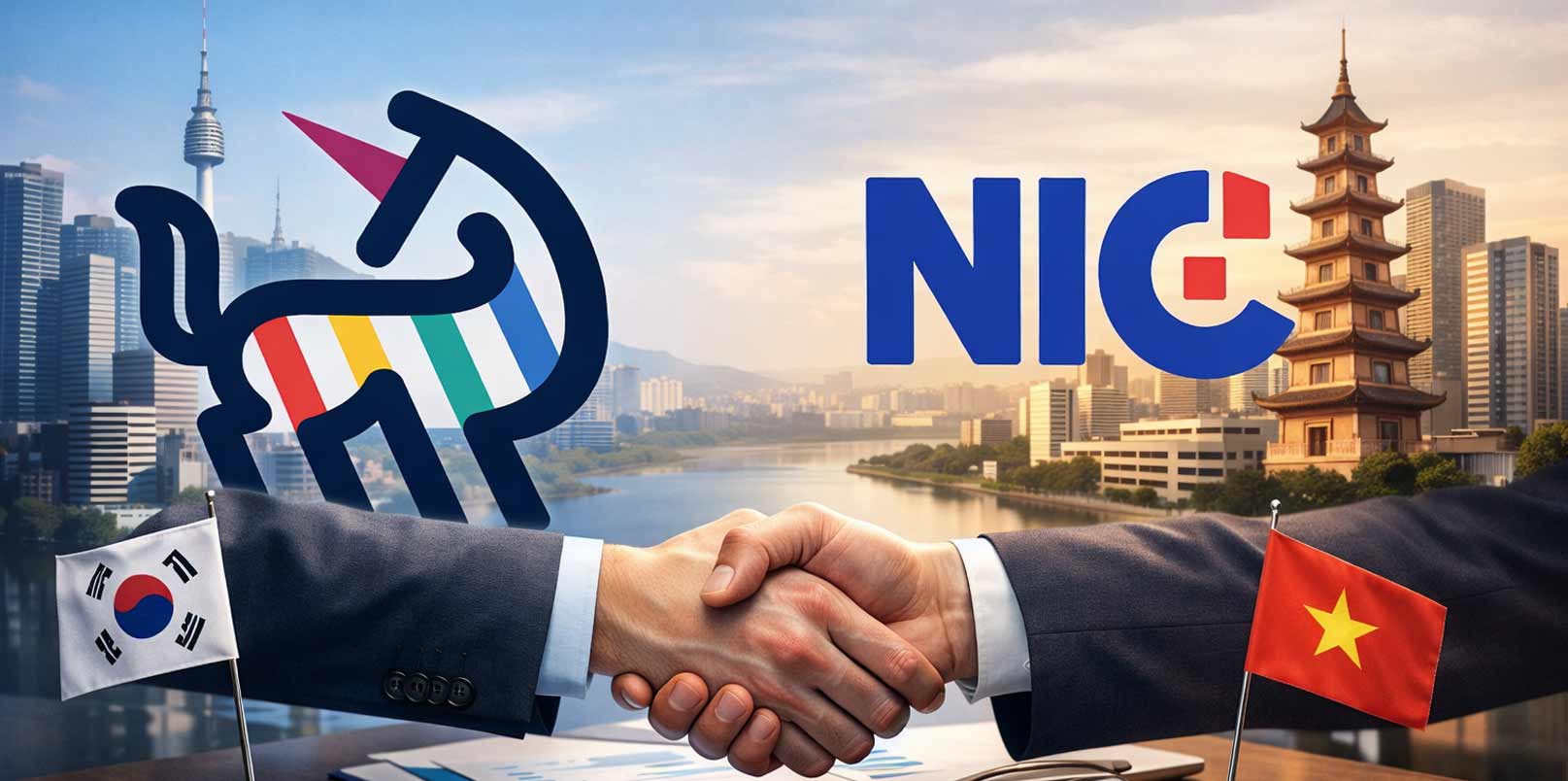Even as Korea’s largest conglomerates commit record levels of investment to secure technological leadership in AI, semiconductors, and energy innovation, the country’s economic progress continues to hit the same wall: regulation. While capital and talent are ready, businesses warn that without decisive reform to remove outdated bureaucratic barriers, Korea risks losing its competitive edge to faster-moving global rivals.
Korea’s Major Corporations Announce Record Investments, But Frustrations Mount
Korea’s four largest conglomerates — Samsung, SK, Hyundai Motor, and LG — have revealed plans to invest more than 803 trillion won (about USD 580 billion) over the next five years in emerging industries such as artificial intelligence, semiconductors, electric vehicles, space, and nuclear energy.
Industry analysts, however, caution that the benefits of these record-breaking investments could be undermined unless the government addresses long-standing structural inefficiencies.
The Korea Economic Research Institute (KERI) reported on November 17, 2025, that Korea’s ten major export sectors are on track to be overtaken by China within five years unless regulatory and labor reforms accelerate.
Executives and economists agree on the central problem: excessive and outdated regulations, often referred to in Korea as “electric pole regulations” — deeply rooted barriers in permitting, finance, and labor — that continue to restrict innovation despite years of policy promises.
Licensing Delays and Bureaucratic Gridlock Slow Industrial Projects
One of the most pressing concerns is the prolonged process of securing environmental and infrastructure approvals. The private sector notes that Korea’s environmental review procedures can take up to three times longer than in other OECD economies.
A case frequently cited is SK Hynix’s semiconductor cluster in Yongin, first announced in 2019 but delayed nearly four years before breaking ground due to protracted assessments and local government reviews.
These procedural delays, which affect high-demand infrastructure like AI data centers, semiconductor fabs, and battery plants, directly weaken Korea’s competitiveness in time-sensitive technology markets.

Reform Priorities: Finance, Labor, and Energy Stability
Business groups identify five critical reform areas necessary to unlock new investment momentum:
- Easing financial–industrial separation to strengthen corporate venture capital (CVC) activity and collaboration with startups.
- Amending the Yellow Envelope Law to restore labor flexibility and minimize cascading subcontractor lawsuits.
- Expanding R&D tax credits and depreciation benefits to encourage innovation.
- Ensuring stable energy supply by investing in nuclear power and transmission infrastructure.
- Modernizing legal frameworks governing robotics, AI, and autonomous driving to support emerging technologies.
Professor Kim Jae-goo of Myongji University, former president of the Korean Academy of Business Administration, noted that loosening the financial–industrial divide is essential for innovation-driven growth:
“If companies are to commercialize open innovation and develop hybrid business models, Korea must ease financial–industrial separation and further strengthen CVC operations.”
A representative from the Korea Chamber of Commerce and Industry (KCCI) also stated,
“In Korea, the larger a company gets, the heavier the regulatory burden — which is one of the main reasons SMEs hesitate to scale. As companies grow, they should receive stronger incentives.”
Labor and Legal Uncertainty Threaten Innovation Agility
The Yellow Envelope Law, intended to protect labor rights, has raised new concerns about legal uncertainty for large-scale projects involving subcontractor networks. That is why the Korea Employers Federation warned that lawsuits targeting parent companies in multi-tier supply chains could dampen innovation investment, particularly in manufacturing-heavy sectors.
A KEF representative commented,
“Many industries depend on layered subcontracting systems. If legal conflicts continue to target primary contractors, investment momentum will inevitably weaken.”
Energy Security and Policy Consistency Remain Critical for AI and Semiconductor Growth
As AI and chip manufacturing demand unprecedented energy capacity, power supply stability has become a central policy issue. Rising energy costs and slow grid expansion are prompting calls for renewed investment in nuclear power as a reliable base-load source to sustain industrial competitiveness.
Meanwhile, new industries like robotics and autonomous vehicles are struggling under outdated legal frameworks that fail to define safety or liability standards. As a result, many Korean companies are conducting technology trials overseas and re-importing validated solutions back into domestic markets — a costly workaround that slows innovation.
Regulatory Reform Determines Korea’s Next Industrial Chapter
The Korea Economic Research Institute emphasized that executing these multi-trillion-won investment plans will require a scale of capital mobilization “close to half of the national GDP.” The institute noted that such growth cannot rely solely on private equity or bond markets, calling for deep structural deregulation to remove disincentives built into Korea’s commercial and labor laws.
This includes long-debated reforms to the Serious Accidents Punishment Act and Commercial Act, which businesses argue have added compliance complexity without improving safety or transparency outcomes.
Startups and Global Partners Are Watching
The push for deregulation extends far beyond the conglomerates (chaebols). Korea’s broader innovation ecosystem — including startups, research institutions, and global investors — sees regulatory simplification as a prerequisite for sustainable competitiveness.
If reforms progress, corporate venture capital expansion could deepen cooperation between large manufacturers and emerging AI or robotics startups, unlocking new commercial pathways across Korea’s industrial value chains.
Conversely, if red tape persists, Korea risks seeing more startups relocate abroad or rely on foreign investment ecosystems, particularly in the United States, Japan, and Singapore, where industry–policy coordination is faster.
Regulatory Reform as Korea’s True Growth Catalyst
Korea’s investment ambitions show that capital is no longer the constraint — the bottleneck lies in how effectively the country can remove legacy regulations that slow innovation.
Because eventually, the outcome of Korea’s regulatory reform agenda will determine how quickly Asia’s most advanced manufacturing economy adapts to the era of AI-driven industry.
At last, whether Seoul succeeds in aligning bold investment with policy modernization will define Korea’s long-term position — not just in semiconductors or AI, but in shaping the next global industrial order.
– Stay Ahead in Korea’s Startup Scene –
Get real-time insights, funding updates, and policy shifts shaping Korea’s innovation ecosystem.
➡️ Follow KoreaTechDesk on LinkedIn, X (Twitter), Threads, Bluesky, Telegram, Facebook, and WhatsApp Channel.





